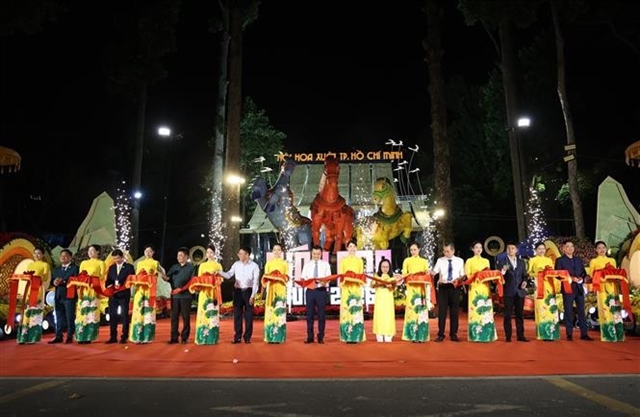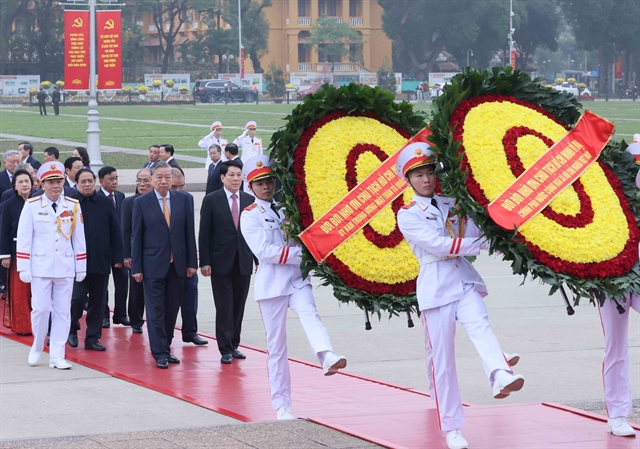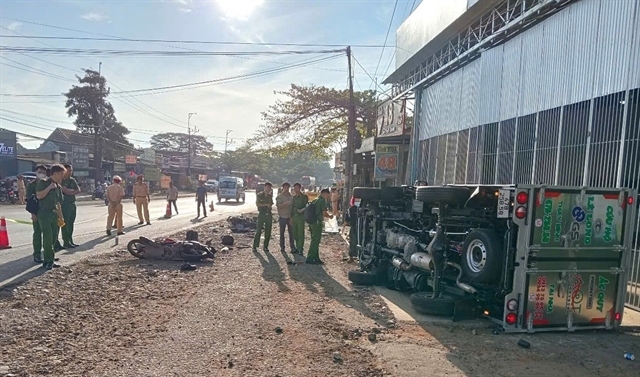.jfif) Opinion
Opinion
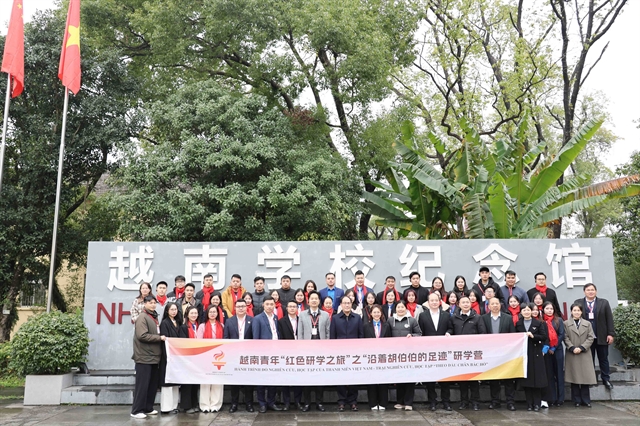
Dear readers, last week Việt Nam News asked you to share your thoughts with us about the compensation – US$500 million – that the Formosa Hà Tĩnh Steel Corporation promised to pay Vietnamese people after conceding responsibility for killing tonnes of fish in four central coastal provinces since early April. In your opinion, for a developing country like Việt Nam, what action should be taken to protect the environment? The topic received diverse comments. We published some of them:
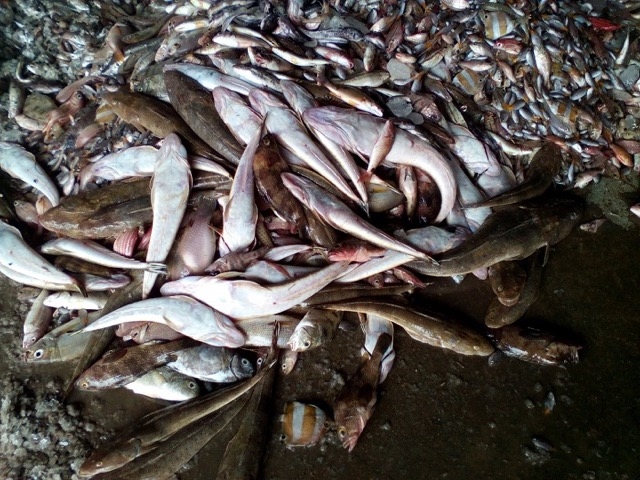 |
| The Formosa Hà Tĩnh Steel Corporation promised to pay Vietnamese people after conceding responsibility for killing tonnes of fish in four central coastal provinces since early April. — File Photo |
Dear readers, last week Việt Nam News asked you to share your thoughts with us about the compensation – US$500 million – that the Formosa Hà Tĩnh Steel Corporation promised to pay Vietnamese people after conceding responsibility for killing tonnes of fish in four central coastal provinces since early April. In your opinion, for a developing country like Việt Nam, what action should be taken to protect the environment? The topic received diverse comments. We published some of them:
Andre Van de Lans, Belgian, Việt Nam
As no official environmental impact assessment has been undertaken or released, the question of covering the damage remains rhetoric. I think that only a transparent spending scheme of the funds may partly answer the question. Besides, I have a lingering question as to whether a monitoring system will be set up in the near future.
To protect the environment for a developing country like Việt Nam, first priority should be given to a water-quality monitoring system with alerts for toxicity and heavy metal content. Also, a contingency system should be built with clear guidelines on what to do and how to handle similar cases in the event of another toxic incident. The quality of the fish caught by fishermen should be tightly monitored in order to prevent poisoned fish from unknowingly being sold for consumption.
Phạm Hiền Anh, Vietnamese, Đà Nẵng
I really expected stricter punishments for anyone who directly or indirectly polluted Việt Nam’s sea and caused mass fish deaths in central provinces of the country in the last few months.
When Việt Nam’s Government officially announced its investigation results and identified Formosa Hà Tĩnh Steel Corporation as the cause of the mass fish deaths, I was disappointed because the company had just delivered an apology, made some commitments and provided compensation of US$500 million to the Vietnamese people.
There were a lot of unanswered questions left in my mind: What did they base their calculation of losses on, and how did they recommend compensation? How many households or fishermen lost their livelihoods because of the contamination? How many fishing boats lie up at shore, waiting for fishing trips? How many fish were found dead along the coastal line? How has it affected other marine life?
I have read that it would take decades to revitalise marine life along the four affected provinces’ coastlines. We are also waiting for the Government’s official announcement about how safe the seawater is there. The company, with its wrongful actions, has also caused fear among the public. We are afraid that if there are many other companies like Formosa Hà Tĩnh across Việt Nam, their violations will destroy our trust in a safe environment.
Finally, yet importantly, I saw many children unhappy during their summer breaks because their parents did not dare take them to central beaches or eat seafood there. The massive fish deaths might be a preoccupation for many people, including our next generations.
Terry Christopher Taft, Hà Nội
No amount of money would compensate for the loss. However, they have accepted responsibility and apologised, not that an apology means that much. They have offered a significant amount of money as compensation. The Vietnamese Government could litigate for more, but that could drag on for a long time. Those most affected people need the money now. Let’s hope that the $500 million finds its way to those who need it most.
Jack Laurenson, Hà Nội
By comparison, Union Carbide settled with the government of India for a mere $478 million after the 1984 Bhopal gas disaster that killed tens of thousands of people and left many more disabled and with chronic illnesses, not to mention a legacy of groundwater and soil contamination. But the Union Carbide Corporation, now a subsidiary of Dow Chemical Company, is refusing to face outstanding charges of culpable homicide in India, arguing that the case was settled in 1984.
Corporations must take responsibility and not be allowed to settle until the compensation is paid. The polluter must always pay.
Caleb Bierton, Hà Nội
I think it is far too early to settle this now. No one knows the extent of environmental damage that has been caused. Formosa is situated in quite a populated area in the countryside (I was there less than two weeks ago).
The dead fish are potentially just an early warning sign that something was wrong. Fish are much more sensitive to environmental changes than humans are. We must also look at the long-term effects.
Quỳnh Nhung, Vietnamese, Prague
Although Formosa has apologised and promised to compensate, let’s wait and see how they implement their promise. Moreover, the amount of $500 million is not enough for what happened, I think.
After this case, policymakers, environmentalists and experts should consult with the Government to set up a monitoring system to supervise the implementation of environmental protection measures for any investors who are doing business in Việt Nam. It would help us avoid similar cases in the future and keep our sea safe for our next generations. -- VNS

